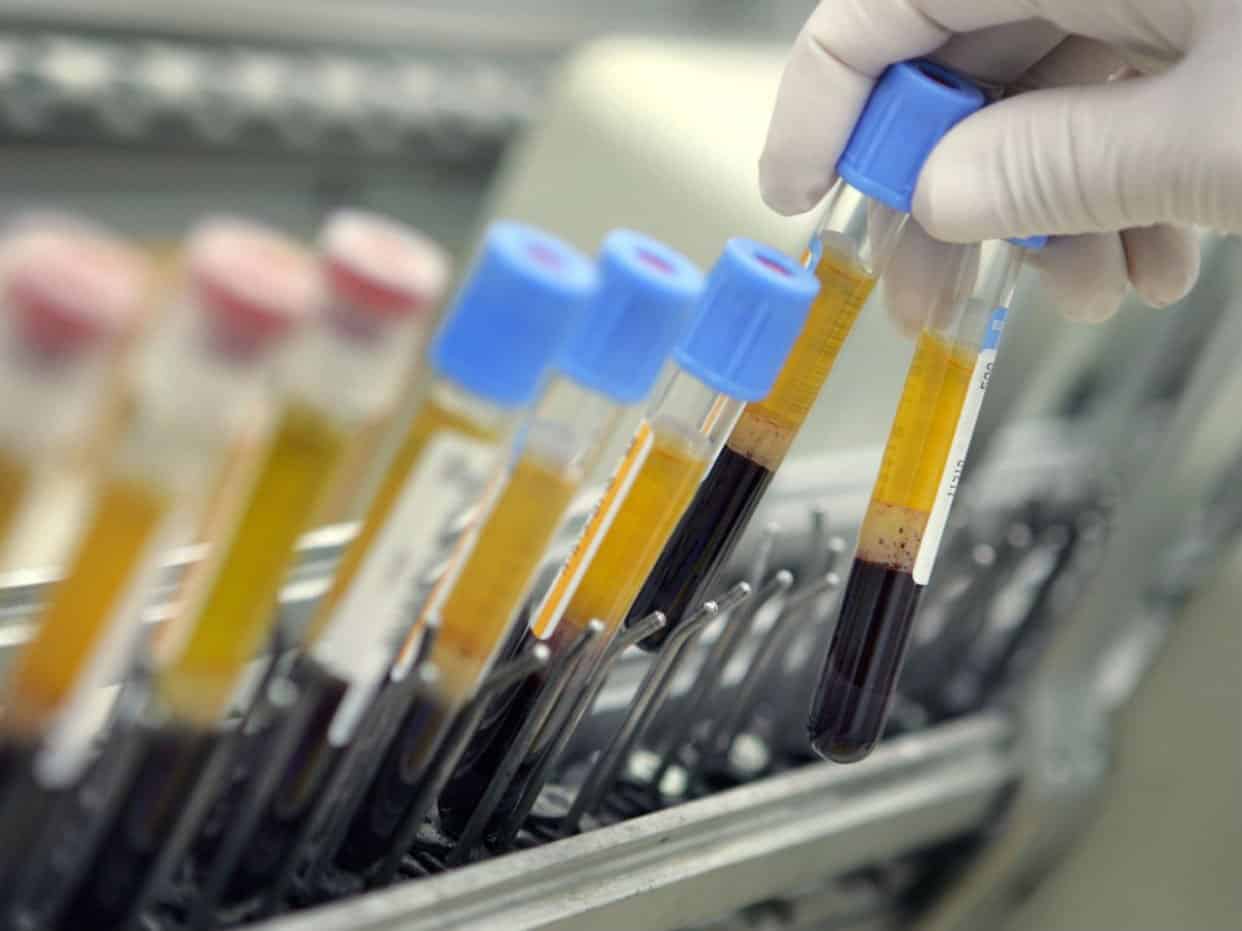HIV is a virus that attacks the immune system, which is our body’s natural defence against illness. The virus destroys a type of white blood cell in the immune system called a T-helper cell, and makes copies of itself inside these cells. These T-helper cells aka the CD4s, as HIV destroys more of them, begins to make more copies of itself, gradually breaking down a person’s immune system.
This means someone living with HIV, who is not receiving treatment, will find it harder and harder to fight off infections and diseases. Another catch here is the treatment method- aside from its ability to quickly replicate, HIV can also remain latent in the cells of a patient’s body.
Attributable to this, HIV patients cannot afford to forego medications, as the virus could resurface the moment medications are stopped. Scientists, have, since ages been trying figure out ways to combat latent HIV, either through “a shock and kill” method where the virus is reactivated and then destroyed, or by silencing it for good.
And looks like researchers at the Gladstone Institutes have found been able to formulate a strategy that allows for the disruption of latency which could eventually be used to treat
HIV patients. The team recently discovered how a new drug called JQ1, which is currently in early-phase human cancer trials, can reactivate latent HIV.“Our discovery was born out of frustration,” researcher Melanie Ott, senior investigator at Gladstone, said. “We already knew that the drug JQ1 targets a protein called BRD4, but our experiments were not yielding consistent results. Then, we started looking at different forms of the protein and, unexpectedly, found that a short form was the key to silencing HIV.”
“You could start by shocking and killing the virus that’s easy to target, then use silencing mechanisms to slow the resurfacing of latent virus,” Ott said. “That’s how I see the future of HIV cure research.” While it may not be an overnight cure for HIV, it’s definitely a step in the right direction.
Curing HIV, either through “shock and kill” or by silencing it requires that latent viruses be reactivated. JQ1 allows for both methods, either by helping HIV resurface to then be eradicated, or by strengthening the body’s ability to suppress it. Either way, because the drug is already in clinical trials, it’s a matter of time before it finds commercial use.






























